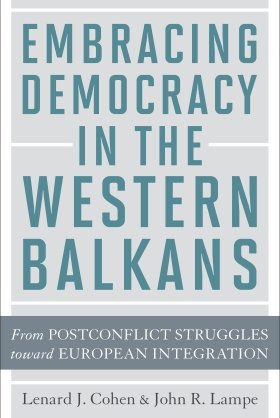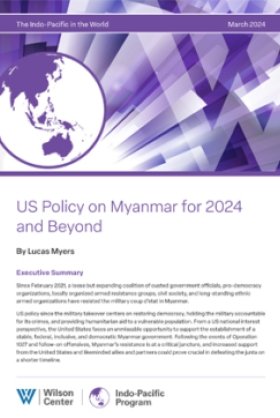Embracing Democracy in the Western Balkans: From Postconflict Struggles toward European Integration


Embracing Democracy in the Western Balkans offers a comparative, cross-regional study of the politics and economics of Serbia, Croatia, Bosnia, Macedonia, Montenegro, Kosovo, and Albania from 1999 to the present. It was during this period that the first wave of post-communist regime transition ended and the region became more deeply involved in the challenges of democratic consolidation.
Lenard J. Cohen and John R. Lampe explore the legacies of communist rule, the impact of incentives and impediments on reform, and the magnetic pull of European Union accession. The authors ask whether the Western Balkans are embracing democracy by creating functional, resilient institutions—governmental, administrative, journalistic, and economic—and fostering popular trust in the legitimacy of those institutions.
Lenard J. Cohen is a professor of international studies at Simon Fraser University and author of Serpent in the Bosom: The Rise and Fall of Slobodan Milosevic. John R. Lampe is a professor of history at the University of Maryland. He is a Senior Scholar and the former Director of East European Studies at the Woodrow Wilson Center and author of Yugoslavia as History: Twice There Was a Country.
About the Authors

Global Europe Program
The Global Europe Program is focused on Europe’s capabilities, and how it engages on critical global issues. We investigate European approaches to critical global issues. We examine Europe’s relations with Russia and Eurasia, China and the Indo-Pacific, the Middle East and Africa. Our initiatives include “Ukraine in Europe” – an examination of what it will take to make Ukraine’s European future a reality. But we also examine the role of NATO, the European Union and the OSCE, Europe’s energy security, transatlantic trade disputes, and challenges to democracy. The Global Europe Program’s staff, scholars-in-residence, and Global Fellows participate in seminars, policy study groups, and international conferences to provide analytical recommendations to policy makers and the media. Read more










